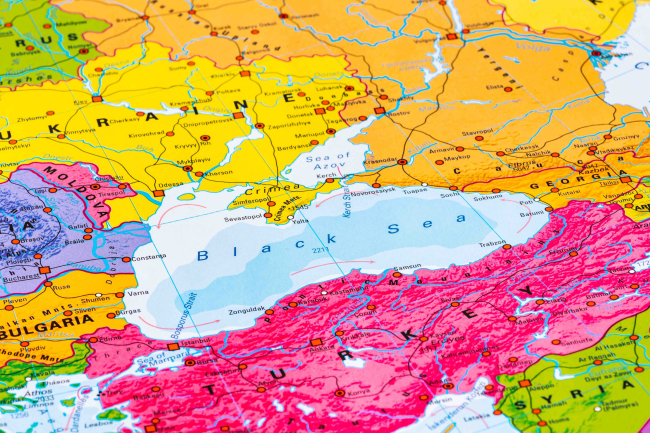What to expect from the COP26 Climate Conference? Shifts in global attitudes and diplomatic strategies

Practical information
Themes and regions
Related centers and programs
In spite of President Biden’s Leaders Summit in April, there has been little improvement in national climate pledges. The world is still heading for a >2.5°C warming and the 1.5°C trajectory looks increasingly unlikely, if not impossible. Chances to bridge the pledges gap before COP26 in Glasgow from 1 to 12 November 2021 are limited and climate talks are now at risk of being derailed by the pandemic, the US-China rivalry, tensions over climate finance and the looming energy price crisis.

However, the latest survey from the Pew Research Center also confirms that a record high share of citizens in advanced economies are greatly concerned about the impact of climate change. This webinar will discuss these shifts in global perception, their influence on international climate negotiations and the implications for Europe’s climate diplomacy.
Chair: Marc-Antoine Eyl-Mazzega, Director, Center for Energy & Climate, Ifri
- Jacob Poushter, Associate Director, Pew Research Center
- Stéphane Crouzat, French Climate Ambassador
Moderator: Carole Mathieu, Head of EU Policies, Center for Energy & Climate, Ifri
Closed-door videoconference - by invitation only
Related Subjects
Other events

Affirming European Security in Ukraine and the Black Sea Region
European security has been challenged in 2022 with the full-fledged invasion of Ukraine by the Russian Federation.

Post-war Europe: How to Redefine a Security Architecture Within a New Transatlantic Framework?
A new European security architecture has to be built. The question is: will this happen with or without Europe? The US President, Donald Trump, who returned to the White House a little more than two months ago, and the President of the Russian Federation, Vladimir Putin, have initiated talks to put an end to the war in Ukraine, with the possibility of Ukraine ceding territory to Russia being raised.

Doing Politics in African Cities: Actors, Causes and Forms of Urban Social Mobilization
From Maputo to Nairobi and from Lagos to Dakar: recently, African cities have been the theatre of mobilizations by groups of young protesters.







